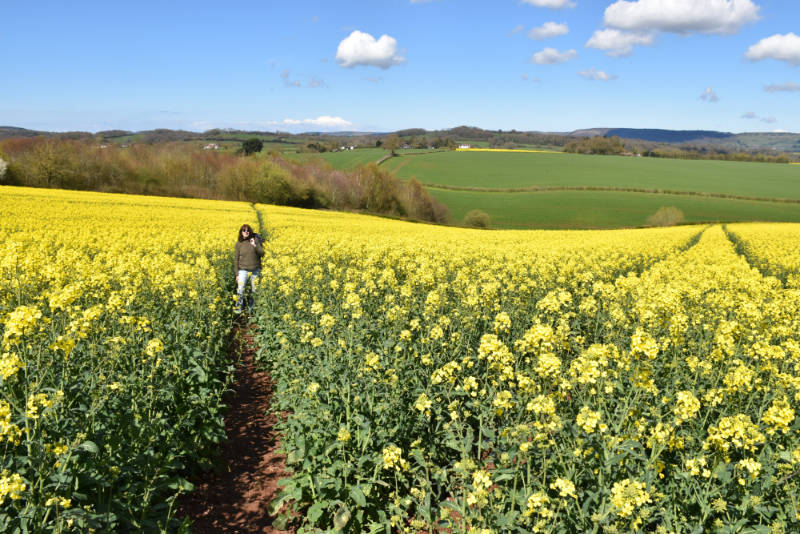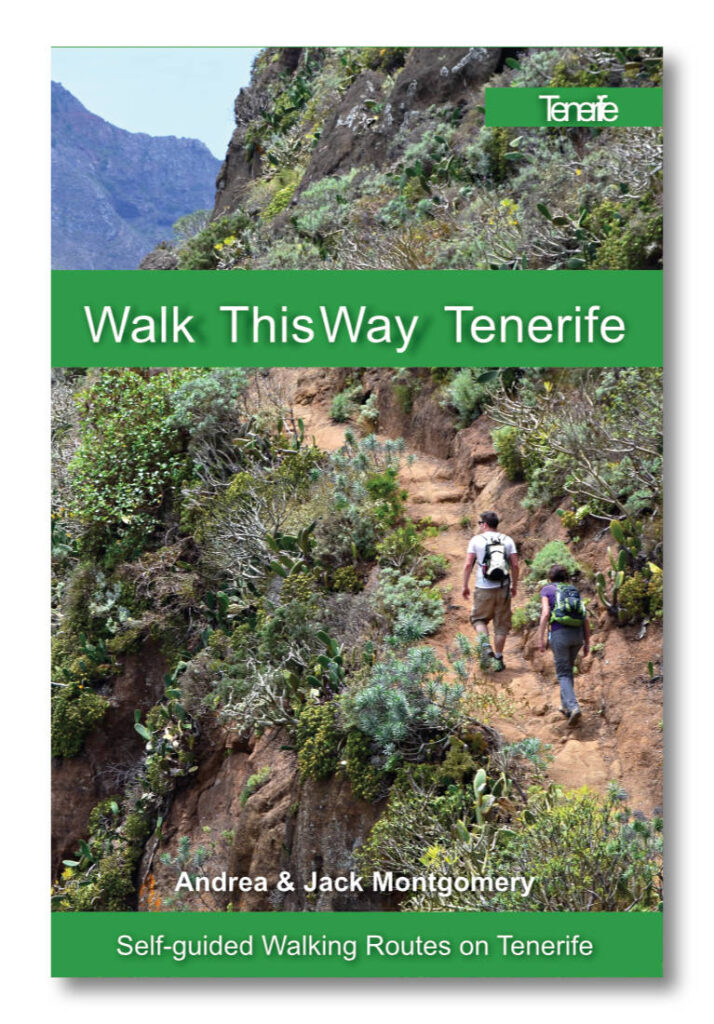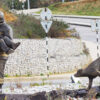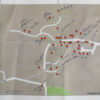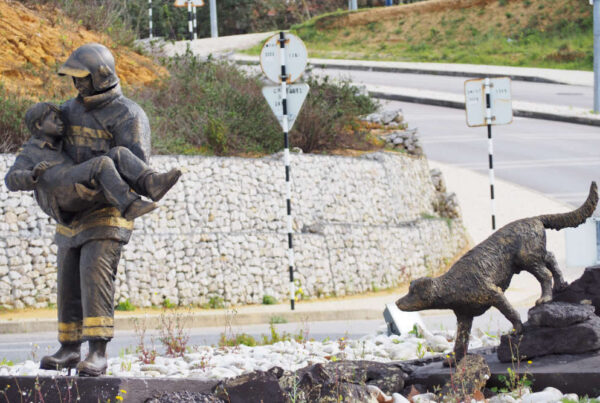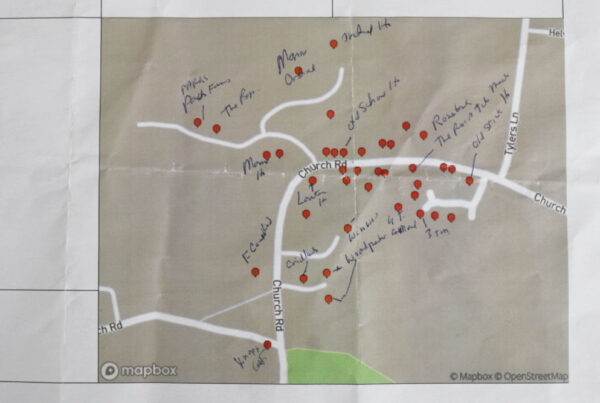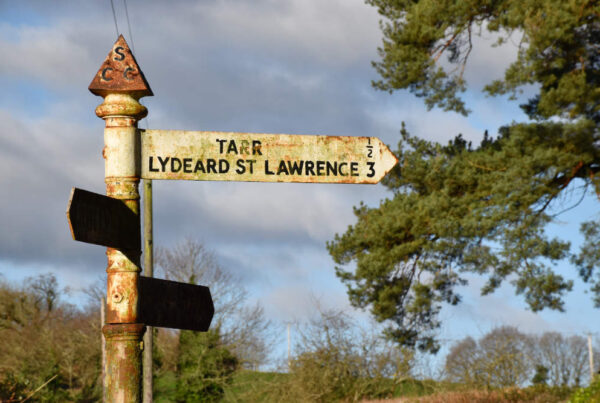One of the categories on my website is ‘Life in another country.’ We were living in Portugal when I launched the site, so it was apt. After returning to Britain in 2021, I nearly changed it to ‘Life in another county’. However, after nearly twenty years of living abroad, England really did feel like another country. We were even treated differently because we’d lived abroad. Plus, I’m Scottish, so technically it is to me. The name stayed.
Is it still relevant three years later?
The more I get to know Somerset, the more I’m aware of differences between the county and other parts of England. One of the many benefits of living in contrasting locations is that it creates a wide canvas of diverse experiences. I grew up on a Scottish island; had a flat in inner city Manchester and a former mill cottage in Stockport; rented a house in a Canarian town, then bought a converted animal shed in a banana plantation; stayed in a house on a smuggler’s trail on the Portuguese Spanish border, and in a wine press on a sheep farm south of Lisbon; lived on a sheep farm in Devon, and now have a house in a village in rural Somerset. I’ve learnt vastly different things from each of these locations.
Living in the South West has reinforced my view about how disparate a country England is. In a nearby town’s Facebook group, posters on a thread about door-to-door hawkers from ‘the north’ couldn’t tell the difference between Manchester and Liverpudlian accents. ‘The north’ can be anywhere above Bath. The farmer on the Devon sheep farm considered Margaret Thatcher a northerner. I talk with a neighbour about why some people bemoaning a loss of cultural identity in England struggle to define what that cultural identity is. Unlike the Irish, Scottish, and Welsh, there isn’t really a shared national identity. This isn’t a criticism, it’s just an observation from years spent living in both the north and south of England. To me, it feels as though Manchester has more in common with Scotland than the counties in the south of England. Regional identity in England is far easier to pin down. The novelist Kate Atkinson backed this up when she said in an interview with The Guardian, ‘I’m not English. I’m from Yorkshire. It’s different.’
Closer to Portugal than Stockport
One of the reasons we chose the South West was we hoped the weather might be kinder to us after two decades living in hot climates. That proved partly true, but there have been other similarities. Life meanders along at a gentle pace which has more in common with where we lived on Tenerife and in Portugal. This is helped by a rural location where we’re as likely to hear horses outside as cars. Children feel safe enough to sit in the middle of our main street and chalk drawings on the tarmac. There’s a strong sense of community, something that reminds me of growing up on Bute as well as life abroad. Pausing to chat to anyone we meet, including the postie, it can take ages to walk through our tiny village. As we walked to a summer fair in a nearby town at the weekend, two villagers stopped to ask if we wanted a lift. The idea that life moves at a slower pace is more than a perception. The partner of one of our nieces told me that when he works in the South West he is allocated fifteen minutes more for jobs than he gets in Greater Manchester.
There’s more than one south
In Scotland, I felt we were the poor relations, treated differently from England. This wasn’t wrong. But living in Greater Manchester made me realise that believing other parts of Britain were treated more favourably wasn’t exclusive to us Scots. The south got all the perks, and the better weather. I’ve re-evaluated that view yet again. On Radio 4, the South West is regularly overlooked when it comes to Britain’s weather forecast. The South East never is. That’s a minor example of there being different ‘souths.’ The broadband speed in the western end of our village is 2mbs. High-speed broadband was supposed to be introduced a couple of years ago as part of a rural plan. The company responsible is still in the process of ‘connecting’ the whole village. Despite being less than ten miles from Taunton, there’s no mobile phone signal. When I was walking in the sparsely populated north of Bute a couple of months ago, I had a far better signal than I can get anywhere around here.
Last year, we did a job in South Devon, staying in Salcombe, a place which thrives in the summer but becomes somewhat of a ghost town outside of the holiday season because of the volume of second homes. This week, I read news reports about St Ives and Padstow suffering the same fate. Coastal communities are having the life sucked out of them because the buying power of people from another part of ‘the south’ is far greater than that of locals. People are priced out of the places where they grew up. Of course, the second home issue is a problem affecting many areas, and not just in Britain. I mention it to show that using an umbrella term such as ‘the south’ doesn’t cut it. If I lived in the South East, I’d no doubt find plenty of examples of inequalities there as well.
The ‘south’ often really means London, as was the case with a news report from Scotland I saw recently. It claimed people from the south of England were travelling to Scotland’s Western Isles to sit driving tests because they thought it would be easier to pass. The article went on to say, ‘the majority of drivers fail because they have no experience of rural and single-track roads.’ People from the south don’t have experience of rural and single-track roads? I’m still laughing at that one. The article was, of course, referring to London.
Somerset is unlike anywhere else I’ve lived. In that respect, there are aspects of it which still feel like life in another country. The title stays.
